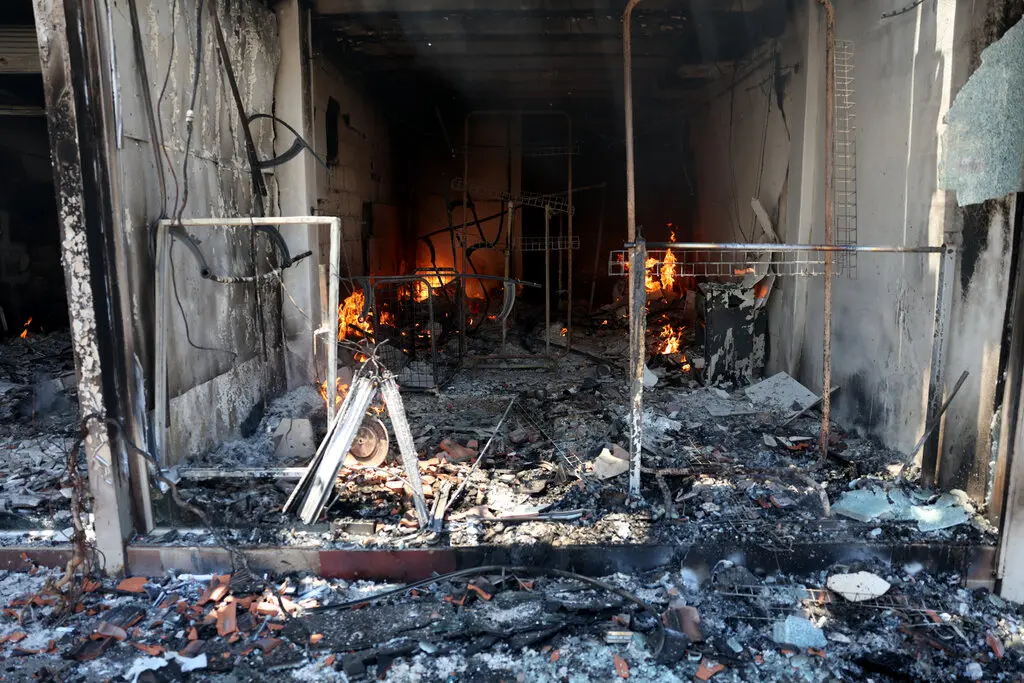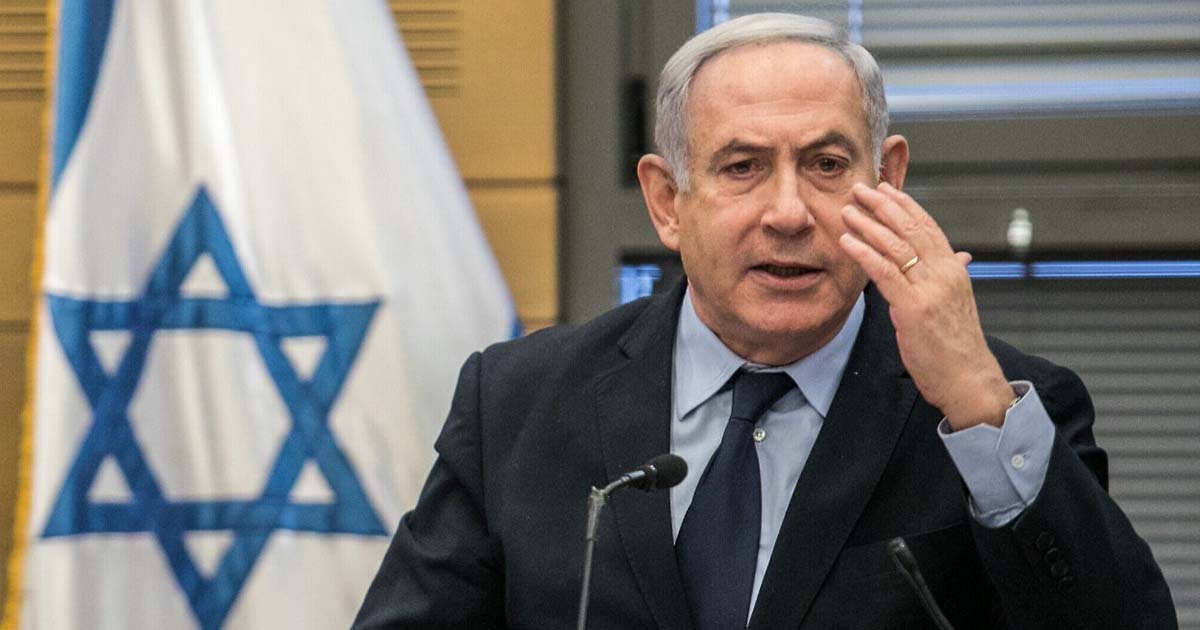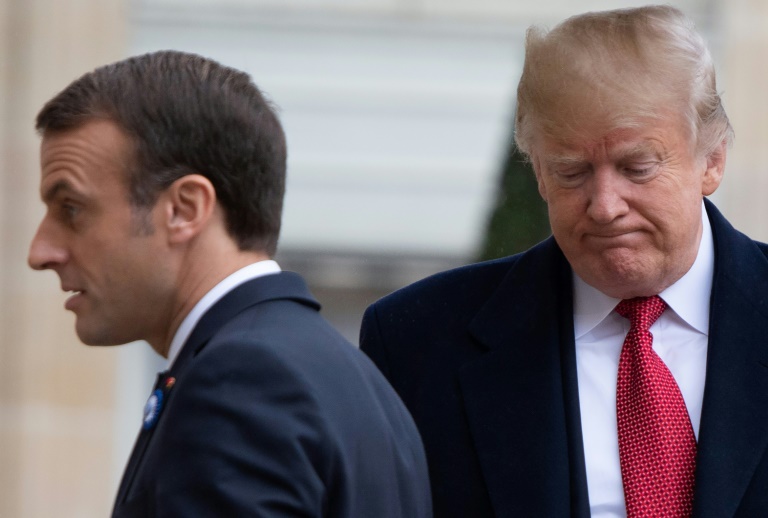A ceasefire in Gaza is raising hopes among many in Israel that the country can begin to repair its image abroad, after months of deepening isolation due to the toll of the two-year conflict.
Public opinion in the West has shifted significantly since the war erupted following Islamist group Hamas’ October 7, 2023 attack on Israel, in which some 1,200 people were killed and 251 taken hostage.
Outcry has steadily grown over the humanitarian cost of Israel’s offensive and several Western nations have publicly recognized a Palestinian state in recent months – despite staunch opposition from Israeli Prime Minister Benjamin Netanyahu’s government and Washington.
Foreign polls have shown weakening support for Israel’s military campaign, even in its most important ally, the United States. More than 67,000 Palestinians have been killed in Gaza, according to the enclave’s health officials.
Reuters spoke to 13 current and former Israeli officials and experts who acknowledged that the humanitarian toll of the conflict has had a major reputational cost for Israel. Several expressed hope that the release this week of Israeli hostages and Palestinian prisoners and detainees as part of a first phase of the Gaza accord could start the process of reviving Israel’s reputation.
“This could help Israel regain some of the empathy and legitimacy it lost during the war,” one Israeli official, who spoke on condition of anonymity, said this week.
Peter Lerner, a former Israeli military international spokesperson, said that would require policy action on the part of Netanyahu’s government, rather than just words.
He called for “a clear, credible commitment to peace, protection of innocent lives, respect for international law, and a serious investment in regional and humanitarian partnerships.”
Meanwhile, US President Donald Trump threatened Thursday to “go in and kill” Hamas if it keeps killing people in Gaza, in an apparent reference to recent shootings of Palestinian civilians following a ceasefire deal with Israel.
Trump’s comments come just days after he said that the Hamas shootings-which include public executions-“didn’t bother me much” and described them as killings of gang members.
“If Hamas continues to kill people in Gaza, which was not the Deal, we will have no choice but to go in and kill them,” Trump said in a post on his Truth Social network.
Trump did not elaborate on what he meant by “we.” But he said on Wednesday that “we won’t need the US military” to be involved in Gaza.
Since the partial withdrawal of Israeli forces in Gaza under the US-backed 20-point ceasefire deal, Hamas has been tightening its grip on ruined cities, launching a crackdown and executing alleged collaborators in the street.
The top US commander in the Middle East, Admiral Brad Cooper, had demanded on Wednesday that Hamas stop shooting Palestinian civilians and adhere to Trump’s plan.
But Trump himself has until now been relaxed about the killings.
“That didn’t bother me much to be honest with you. That’s OK. It’s a couple of very bad gangs. It’s very different than other countries,” he said in a cabinet meeting at the White House on Tuesday.
UN WFP says 560 tonnes of food entering Gaza daily
The UN said on Friday 560 tonnes of food had entered Gaza per day on average since a ceasefire took effect but convoys were struggling to reach famine-struck Gaza city due to war-damaged roads and continued closures of key northern aid routes.
With famine conditions in parts of Gaza, U.N. humanitarian affairs chief Tom Fletcher said on Wednesday thousands of aid vehicles would have to enter weekly to tackle a crisis marked by malnutrition, homelessness and a collapse of infrastructure.
With additional input by GVS US and Intl desk














